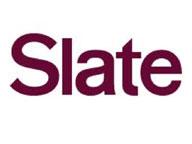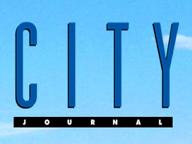Faculty News
—
Prof. Lawrence White reacts to President Obama's State of the Union speech
—

Excerpt from Fox Business -- "Prof. Lawrence White, economic professor at NYU’s Stern Business School, says the president's call for more employers to offer 401(k)s would help increase retirement readiness, but both plans lacked details. 'It’s the "how' we still need; will they get tax breaks, government matches? There are lots of good intentions, but we need to see more details.'”
Faculty News
—

Excerpt from Fox Business -- "Prof. Lawrence White, economic professor at NYU’s Stern Business School, says the president's call for more employers to offer 401(k)s would help increase retirement readiness, but both plans lacked details. 'It’s the "how' we still need; will they get tax breaks, government matches? There are lots of good intentions, but we need to see more details.'”


















